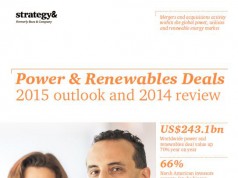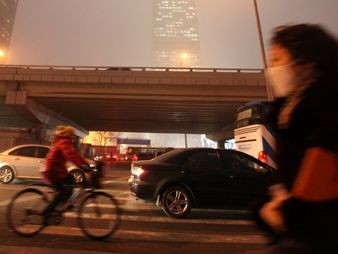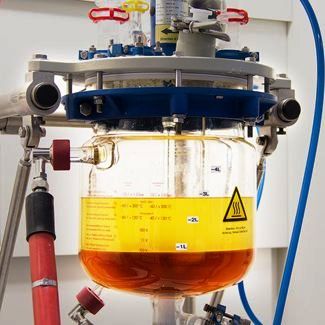 A major report which sets out to stop billions of pounds worth of food being consigned to landfill was launched in London on November 11, 2013. The report, entitled “Vision 2020: UK Roadmap to Zero Food Waste to Landfill” is the culmination of more than two years’ work and sets the framework to achieve a food waste-free future by 2020.
A major report which sets out to stop billions of pounds worth of food being consigned to landfill was launched in London on November 11, 2013. The report, entitled “Vision 2020: UK Roadmap to Zero Food Waste to Landfill” is the culmination of more than two years’ work and sets the framework to achieve a food waste-free future by 2020.
Its ambition is to:
- Save the UK economy over £17bn a year by 2020 through the reduction of food wasted by households, businesses and the public sector.
- Prevent 27m tonnes of greenhouse gas (GHG) a year from entering the atmosphere.
- Return over 1.3m tonnes a year of valuable nutrients to the soil.
- Generate over 1 terrawatt-hour (Twh) electricity a year, enough to power over 600,000 homes.
The report is authored by ReFood, the UK’s foremost food waste recycler, in collaboration with BioRegional, an entrepreneurial charity that promotes sustainable businesses through its One Planet Living philosophy.
In order to achieve zero food waste to landfill by 2020, the report’s principal recommendations are:
- A clear time-table for the phased introduction of a ban on food waste to landfill to come into full force by 2020, allowing industry the time to finance and develop an optimum collection and processing infrastructure.
- Compulsory separate collections of food waste from homes and businesses, with an outcome that optimises its value to provide energy, nutrients for agriculture and, preferably, heat.
- Greater collaboration at every stage of the supply chain and between key stakeholders to accelerate the adoption of best practice, improve waste prevention and maximise the value of food waste as a resource.
- The integration of food waste education into school, college and professional training programmes and increased support for WRAP’s ‘Love Food Hate Waste’ initiative.
The report highlights where and why food waste is happening at each stage of the UK supply chain; what actions are being taken to tackle food waste in each sector and what more can be done in the future to drive the positive environmental, economic and social outcomes, for the greater good.
Philip Simpson, Commercial Director at ReFood, explained, “Our message is clear; food waste is a valuable resource that should never end up in landfill sites. Everyone from the food producer, through to the retailer, the restaurant and the householder can play their part in ensuring that we take full advantage of its considerable potential by ensuring we re-use, recycle and recover every nutrient and kilowatt of energy it has to offer.”
“As the biggest contaminant in the waste stream, food waste consigns millions of tonnes and billions of pounds of valuable resources to landfill or incineration each year. Failure to take a cohesive approach to food waste could result in solutions that will consign valuable resources to incineration or landfill, potentially cause significant environmental damage and represent a lost opportunity to develop a more integrated infrastructure in the UK to reprocess and recycle all waste.”
“We would like to see the government and industry take a more consistent and holistic approach to waste in the UK – one that maximises its potential as a resource.”
Sue Riddlestone, OBE, Chief Executive and Co-founder of BioRegional, added, “Achieving zero food waste to landfill within the next seven years is a big challenge and we will need the support and actions of individuals, businesses and the government if this vision is to be realised.”
“However, the case for change is compelling. We will save billions of pounds. We will prevent millions of tonnes of greenhouse gases from entering our atmosphere. And crucially, we will ensure that food is treated as a precious resource.”
Check the following link to read/download the Full Report:
http://www.vision2020.info/lib/pdf/Vision_2020_roadmap.pdf
Source: ReFood.














